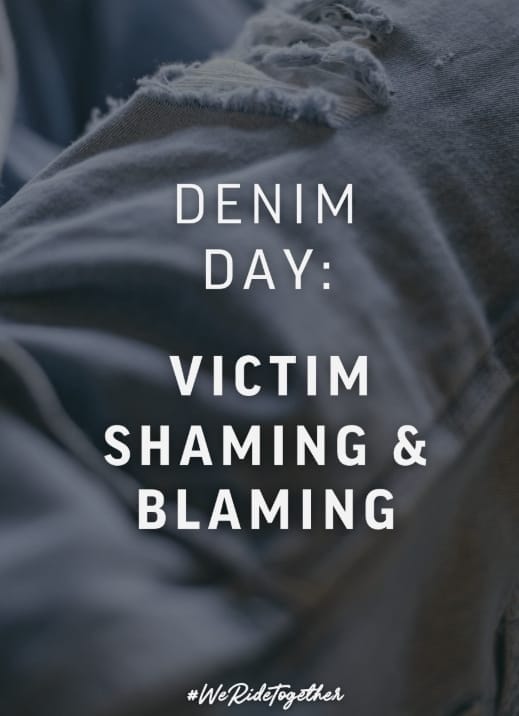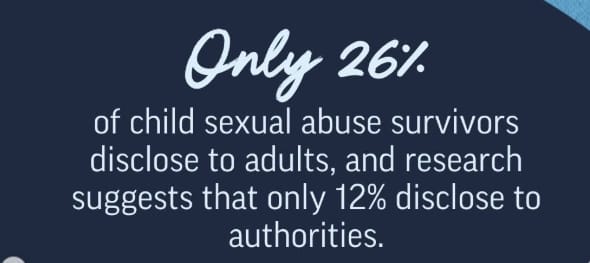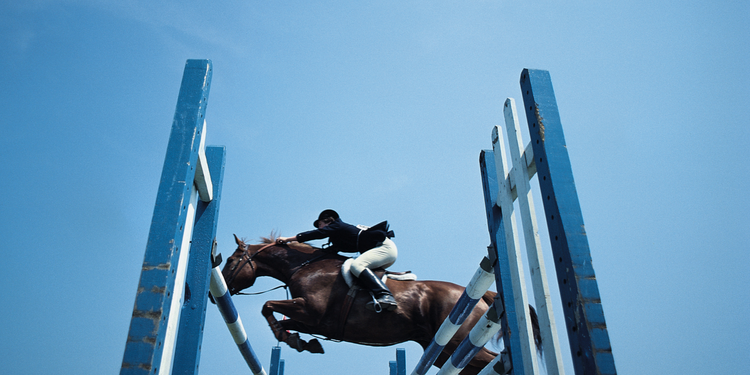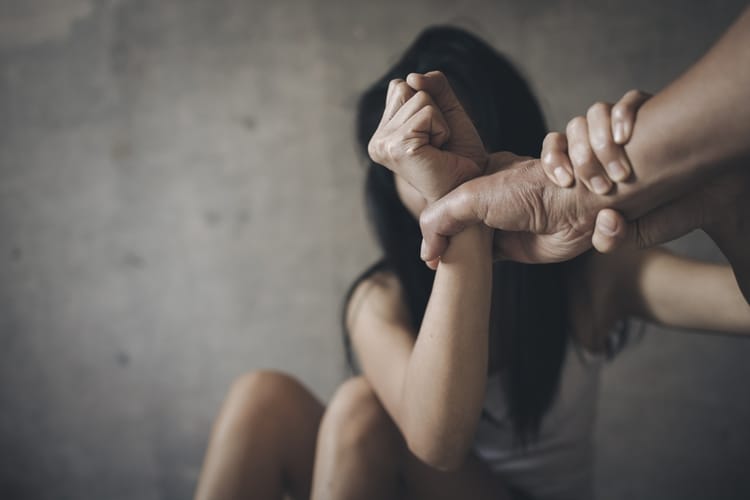Denim Day: Ending the Harm of Victim Blaming – Together

On the last Wednesday of every April, people across the world wear denim in solidarity with survivors of sexual violence. What started as a response to a deeply unjust court ruling in Italy—where a rape conviction was overturned because the survivor wore tight jeans—has become a global movement. Denim Day is more than a symbolic gesture. It’s a collective statement: what someone wears never invites abuse. No one but the perpetrator is to blame.
This message feels especially urgent in sport.
In their latest campaign for Denim Day, We Ride Together shared a series of posts addressing the persistent issue of victim blaming and parent shaming in cases of abuse, particularly in the world of youth athletics.
“An overwhelming number of reports continue to surface regarding coaches sexually abusing their athletes across all sports,” they wrote. “Often, the comment sections on public stories are filled with hundreds of remarks casting judgement on the survivor.”
For those of us involved in the equestrian world, this hits close to home.
Abuse in Sport: A Culture Problem, Not a Clothing One
Equestrianism, like many sports, relies heavily on trusted adult figures—coaches, mentors, grooms, team leaders. These are the very people survivors often disclose abuse about. And yet, time and again, the response isn’t protection, but interrogation.
- What were they wearing?
- Why didn’t they say something sooner?
- Where were the parents?
This kind of rhetoric does nothing to support survivors. It shifts attention away from where it belongs: on those who cause harm. As We Ride Together points out, blaming the victim—or their parents—“only further compounds the harm experienced by survivors and their loved ones.”
This is not a minor misstep in conversation. It’s a culture problem. And we must do better.

The Reality Behind the Silence
Research shows that only 26% of child sexual abuse survivors disclose to adults, and just 12% go to the authorities. The reasons are many: shame, fear, trauma, and an overwhelming sense that they won’t be believed or supported.
Victim blaming reinforces that fear. Parent shaming isolates families already navigating unimaginable pain. As We Ride Together makes clear: “Responses to survivors and their caregivers should instead be trauma-informed and come from a place of empathy and compassion.”
If we want survivors to come forward—and to heal—we need to create an environment that makes it safe to do so.
What Denim Day Calls Us to Do
This year, Denim Day reminds us that nobody but the perpetrator is responsible for abuse. Not the young rider. Not their clothing. Not the time of day. Not the parent standing on the sidelines.
Accountability starts with truth:
Perpetrators choose to harm. Survivors deserve safety, support, and justice.
In the equestrian industry, that means stepping up in practical ways. It means safeguarding policies that work. Education that reaches everyone. Transparent reporting structures. And, crucially, a zero-tolerance stance on victim blaming.
At Equitas, we are proud to stand with organisations like We Ride Together, who are confronting this issue head-on. Their blog, “For Whom the Shame Bell Tolls”, is a must-read for anyone ready to dig deeper and learn how they can help stop the cycle of shame and silence.
A Culture of Care
If we want our sport to be truly safe and inclusive, we must be proactive, not reactive. We must centre the voices of survivors, remove barriers to reporting, and challenge the harmful norms that still exist within our communities.
Victim blaming has no place here.
We wear denim because we believe in change. Because we believe survivors. Because we refuse to stay silent.
All sports. One goal. #WeRideTogether.






